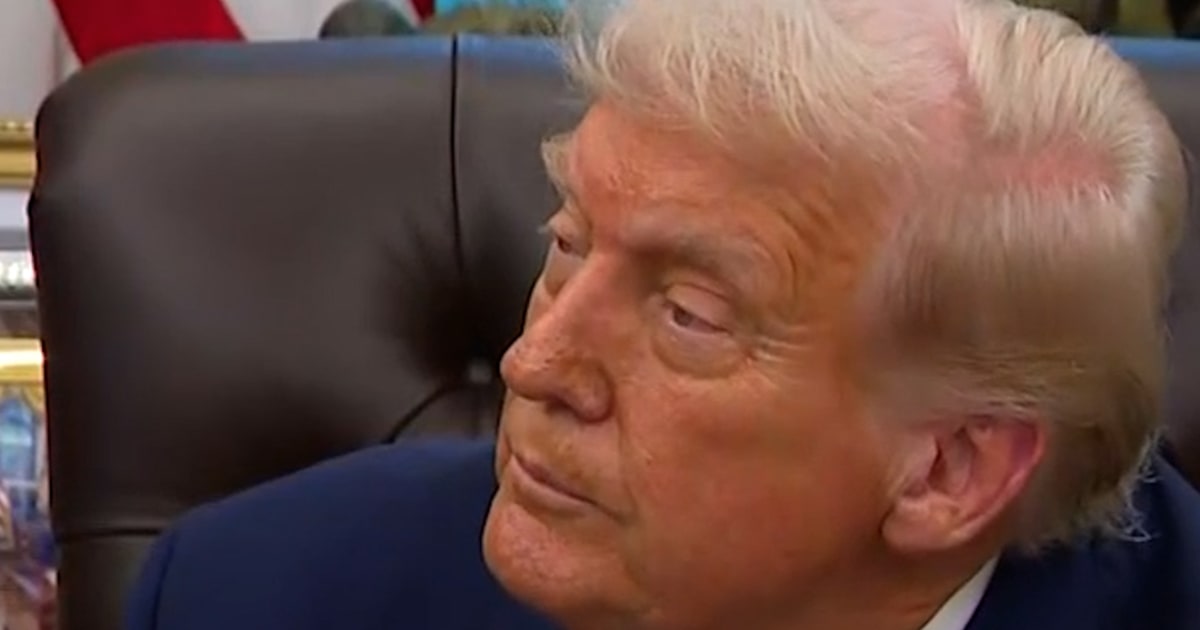Amid accusations he is carrying out a campaign of retribution following the indictment of former FBI Director James Comey, President Trump suggested the Department of Justice may be eyeing additional political prosecutions. Comey says he is innocent and that he’s “known for years that there are costs to standing up to Donald Trump.” NBC News’ Laura Jarrett reports.
Source link
Following Comey indictment, Trump suggests more political prosecutions could be coming




